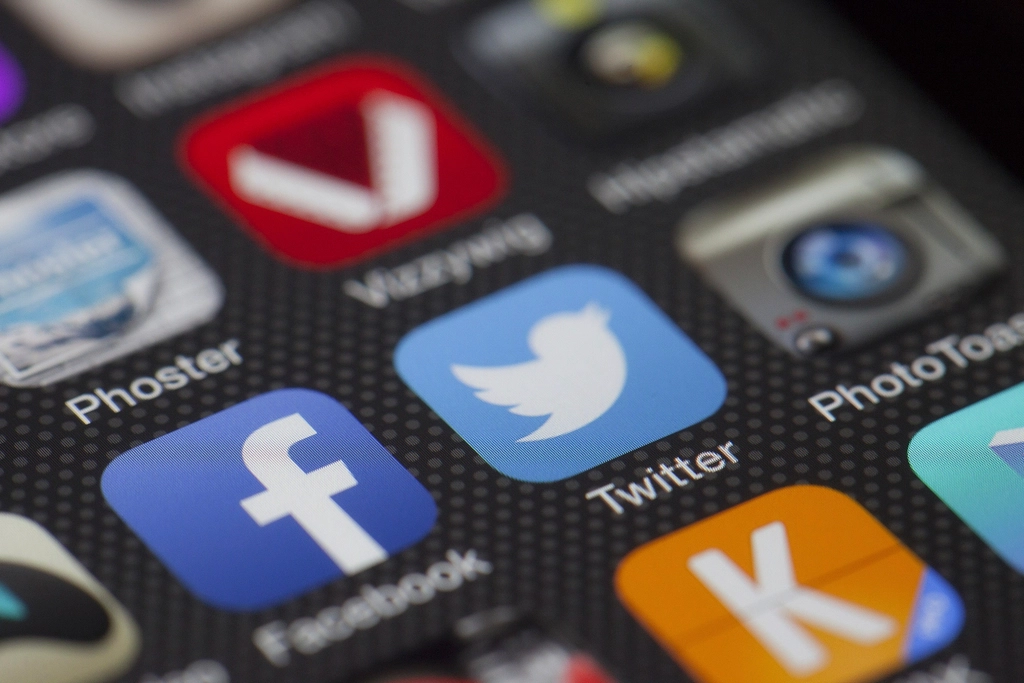
Social media platforms like TikTok, Instagram, and Snapchat have become part of everyday life. While they offer entertainment, connection, and a sense of community, growing research shows a clear link between frequent social media use and increased anxiety — not just in teens, but also in children and adults.
😟 The Anxiety-Social Media Connection
Social media can heighten anxiety by exposing users to constant comparison, online judgment, and a stream of emotionally charged or misleading content. A systematic review found that social comparison and fear of missing out (FOMO) were consistent predictors of anxiety related to social media use (BMC Public Health, 2020).
When people — of any age — see carefully curated images of other people’s lives, it can trigger feelings of inadequacy, low self-esteem, and heightened stress.
🧒 Impact on Children
While children under 13 are technically not allowed to use most platforms, many still do — often unsupervised. The impact of early exposure can be especially damaging:
- Emotional Regulation: Children are still developing the ability to understand and manage emotions. Exposure to dramatic content, bullying, or exclusion online can lead to mood swings and anxiety.
- Sleep Disruption: Children using screens before bed have poorer sleep quality, which increases vulnerability to anxiety (AAP, 2016).
- Cyberbullying: Kids may encounter hurtful comments or exclusion from digital peer groups, leading to social anxiety or school refusal.
- Impaired Social Skills: Overuse of social media may reduce face-to-face interaction, limiting opportunities to develop healthy communication and conflict resolution skills.
The American Academy of Pediatrics recommends developing a Family Media Plan and monitoring online behavior closely to help children use digital tools responsibly.
👩🎓 Impact on Teens
Teens are particularly vulnerable because identity formation and peer approval are critical during adolescence. The World Health Organization reported that problematic social media use among teens rose from 7% to 11% between 2018 and 2022, coinciding with increased rates of anxiety, depression, and self-harm (WHO Europe, 2024).
Additionally:
- Misinformation on platforms like TikTok leads some teens to self-diagnose inaccurately or follow unverified advice (The Guardian, 2025).
- Online feedback loops (likes, views, and shares) can create dependency on external validation.
- Comparison culture contributes to body image issues, social pressure, and academic stress.
🧑 Impact on Adults
Adults are also at risk, although the anxiety often manifests differently:
- Perfectionism & Productivity Pressure: Adults may feel pressure to present a flawless life or compare achievements with peers.
- Information Overload: Constant exposure to distressing news and conflicting opinions can trigger chronic stress and anxiety.
- Sleep & Work Disruption: Doomscrolling and compulsive checking reduce sleep quality and affect workplace performance.
A 2023 Iowa State University study showed that reducing social media use to 30 minutes per day significantly lowered anxiety, depression, and loneliness in adults (ISU News Service).
🛠️ Strategies for Healthy Social Media Use
Regardless of age, these tips can support healthier habits:
- Set boundaries around screen time and avoid social media before bed.
- Curate your feed to follow positive, uplifting, and educational content.
- Take breaks and engage in real-world activities.
- Talk openly about what you see online and how it makes you feel.
- Use parental controls and digital well-being tools for children and teens.
- Seek professional support when anxiety interferes with daily life.
💬 We’re Here to Help
If you or your child is feeling overwhelmed by social media or struggling with anxiety, we’re here to support you. Our team offers therapy for teens, and adults — helping individuals and families create a healthier relationship with technology.
👉 Schedule an Appointment with Us Today
📞 Let’s talk about ways to feel better — together.


